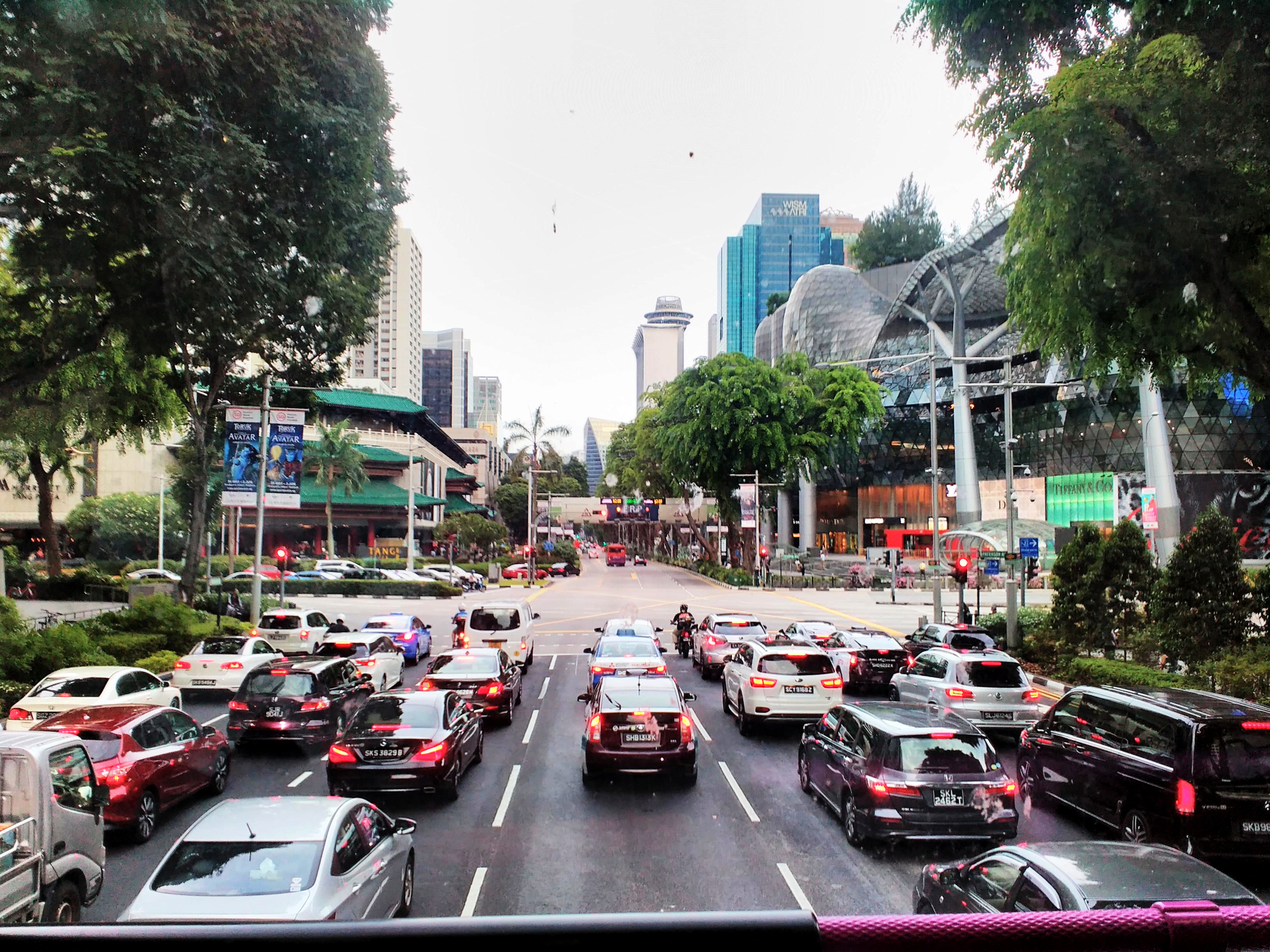SINGAPORE: In the first five months of 2024, more car owners in Singapore opted to keep their vehicles beyond the 10-year mark, revalidating their Certificates of Entitlement (COEs). This period saw 3,949 cars revalidated, nearly matching the total of 4,403 for all of 2023. This was a 74% increase from the 2,270 revalidations during the same period in 2023.
Meanwhile, car deregistrations rose to 15,946, a 46% jump from the 10,928 units deregistered in the first five months of 2023.
The Straits Times reported that experts said the surge in COE revalidations was due to the high cost of new cars. It was more economical for owners to extend their current COEs than to buy new vehicles.
Historically, revalidations of Category A COEs, for smaller and less powerful cars and electric vehicles (EVs), have outnumbered those for larger cars in Category B. From January to May 2024, Category A revalidations reached 2,396, up from 1,006 in the same period in 2023. Of these, 1,421 were five-year revalidations, a sharp increase from 474 in 2023.
In Singapore, a COE is required to register and own a car and is valid for 10 years. Owners can renew their COE for either five or 10 years before it expires or up to a month after. The cost of a 10-year revalidation is based on the average COE premium of the preceding three months, while a five-year revalidation costs half as much.
COE revalidations peaked in 2019 with 41,777 cars but fell significantly during the COVID-19 pandemic, dropping to 20,071 in 2020. This downward trend continued, reaching 4,403 in 2023 as COE premiums rose. Despite fewer cars reaching the end of their COE lifespan compared to pre-pandemic years, deregistrations increased to 29,089 in 2023 from 24,089 in 2022. The peak year for deregistrations was 2016, with 88,317 cars taken off the road.
Automotive industry consultant Vincent Ng expected COE revalidations in 2024 to surpass those in 2023. He noted that more new cars were registered in 2014 than in 2013, leading to more COEs reaching the end of their lifespan. He also added that consumers had accepted that new car prices would remain high due to sustained COE premiums.
Associate Professor Walter Theseira, head of the urban transportation programme at the Singapore University of Social Sciences, also noted that increased revalidations reduced the turnover of cars, preventing a rise in COE supply and keeping prices high. With the COE supply mainly determined by the average deregistration rate over a rolling four-quarter period, a slowdown in deregistrations meant fewer COEs were available for bidding.
Mr Ng suggested measures to discourage perpetual 10-year revalidations, such as higher taxes on older cars or a statutory age limit for passenger cars. This would make it less appealing to keep cars that are over 10 years old, ensuring that the COE is returned to the system for bidding.
Currently, owners of cars over 10 years old pay a surcharge on their road tax, increasing by 10% each year, capped at 50%.
Jeremy Soh, CEO of Ricardo Group, described the situation as a “vicious circle.” Revalidations delayed the recycling of COEs, keeping prices high and prompting more revalidations, he said. According to him, more cars with low scrap rebate values would expire in the coming years, making revalidation likely as new car prices remain high. Modern vehicles, he added, are also durable enough to last beyond their first COEs.
Despite the rise in revalidations, Prof. Theseira said that they were still uncommon overall. This was due to financial factors like losing the scrap benefit and paying higher road tax, as well as the social image of driving an older car. /TISG
Read also: Singapore COE prices and bidding results for March 2024
Featured image by Depositphotos

